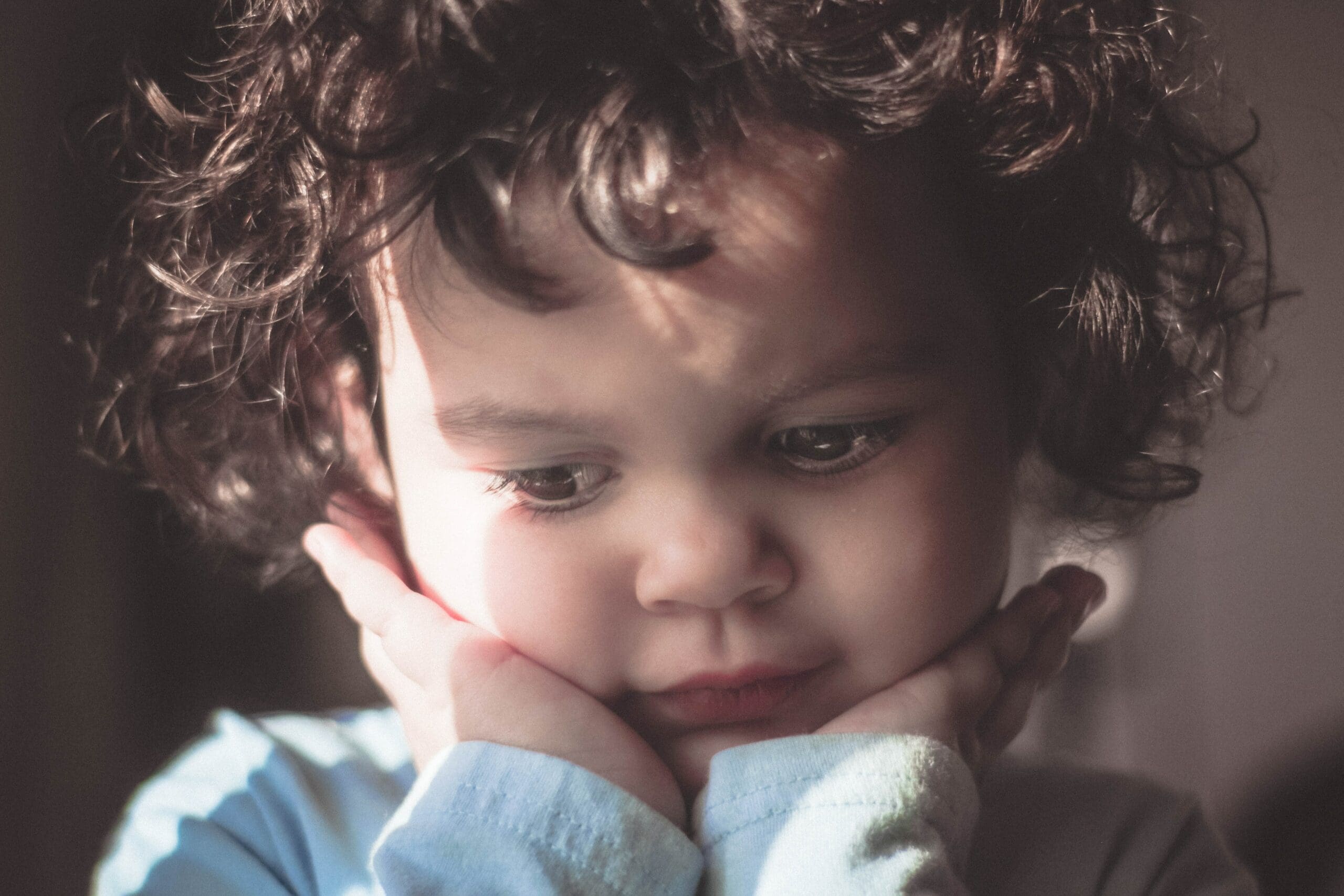They tore around the large room. Blocks were immediately turned into missiles, beverages on tables grabbed, anything within reach grabbed. Their eyes darted around, yet they avoided eye contact at all costs. We were unknown, this place was unknown.
“Is it always like this?” I asked, breathless after chasing down my work phone which had nearly gone airborne.
“Since they arrived, yes…It’s like they’ve never been in a house before,” Foster Mom said, catching a block and tucking it out of the way.
The two year old twins have been in her home less than a week. They call me “Ma” and her “Ma.” Any woman is “Ma” and, based on the limited history we have, it is likely they’ve never had a consistent person to bear that title in their twenty four months on earth. They’ve been dropped here, dropped there, even left to fend for themselves in a locked hotel room. Their behaviors, while intense and exhausting, are exactly what Foster Mom expects, given the trauma, broken attachments, and experiences life has thrown at them. She calls for one to stop something or other. They barely register that she called their names. Their very names appear unknown.
Big Boy, the taller of the duo, worms his way into my lap. I’m seated at a table and he somehow performs a high kick that lands his sneaker on my thigh, his balance off kilter, and falls. Laps are unknown, someone patting his back is a sensation that is unknown, someone looking in eyes and smiling is unknown. Yet he tries. He tries to mimic, to engage, and progress happens, even over the short hour I’m there.
Little Boy, the shorter of the two, is less trusting. He shrugs away from touch, he cannot mimic syllables to form language, and avoids eye contact with deft, intentional movements. His world is full of things he most certainly knows: danger, no one helps you, you aren't safe, grab and run, run fast. That is known.
“I have to watch him with everything,” Foster Mom admits. “He’s the tough one.”
In my mind, both are pretty tough, but the difference is evident. Even when faced with the same circumstances, the same number of years of trauma, siblings wear it differently, cope differently. Big Boy smiles and pretends to talk on a phone, using a block. He then turns into a wet noodle and slithers off my body, off to run after his brother who has a yogurt pouch. Squabbling ensues and a second pouch is expertly produced by foster mom, but the boys grapple for the first. Food is known, but relying on it to appear regularly is unknown.
Before long, my lap is full again, Big Boy back for more cuddles. I rub his shoulders while I talk to the group. My mind registers that this simple action is new for him. These are not children who have been cuddled, rocked, tickled, and held. They have been set free in a world that was pure chaos until five days ago. I am probably not the best group leader right now as I process the world through the twins' eyes. I feel their overwhelm, their chaos.
Big Boy and Little Boy will get services in place over the course of the next few days and weeks. Professionals from multiple disciplines will observe them, write reports, assess what should be done. There could be diagnoses assigned to them, diagnoses that will hopefully lead to the right supports to get them on track with their peers.
When I watch them, what I see are two little boys who missed out on someone singing to them while they took a bottle, someone making silly faces while they were changed, someone who came every time they cried, someone who talked to them from the time they were barely noticeable bumps in a lower abdomen. I see two year olds who know that adults are interchangable and unreliable. But I also see Foster Mom, who is already singing, already giving food when they are hungry, already calling them by their given names and making eye contact and telling them what is coming next. I see Foster Mom who uses gentle hands, a singsong voice, and smiles into their eyes. Change won’t happen overnight. It will be repetition a thousand times over, but little by little, they will slow down. Their eyes will dart less. They will look to her for guidance and instruction. They will look in her eyes and smile. Love will be known.
If you are a person who can support healing, hope, and attachment, please contact us today.














